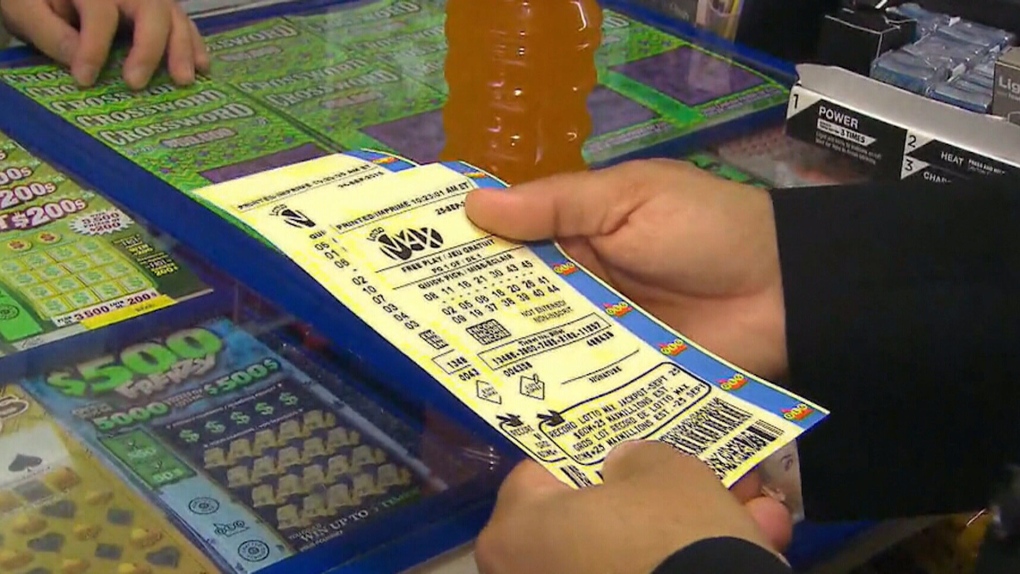In every corner of the world, the allure of the bocoran sdy persists as one of humanity’s most fascinating social phenomena. It’s a game of chance that transcends borders, cultures, and economic statuses, captivating millions with the tantalizing prospect of instant wealth. But beyond the glittering jackpot lies a tapestry of stories, emotions, and societal reflections that make the lottery more than just a game—it’s a lens through which we can explore the human condition.
The Promise of Fortune
At its core, the lottery represents a shot at a better life—a promise of fortune that transcends the mundane realities of work and responsibility. Whether it’s purchasing a ticket from a convenience store in New York City or participating in a communal draw in a rural village in India, the dream remains the same: to defy the odds and transform one’s circumstances overnight.
Hope Against Odds
Hope, perhaps the most powerful human emotion, is intricately woven into the fabric of the lottery. For every ticket sold, there’s a dreamer envisioning a brighter future. It’s a testament to the resilience of the human spirit, where even the most improbable outcomes fuel optimism and perseverance. Despite statistical improbabilities, people continue to invest in hope, believing that they could be the next lucky winner.
The Psychology of Participation
The psychology behind lottery participation is a fascinating study in itself. From a behavioral economics perspective, the purchase of a ticket represents more than just a financial transaction—it’s an investment in the possibility of happiness. Psychologically, the mere act of buying a ticket triggers a cascade of emotions, from anticipation and excitement to anxiety and disappointment. For some, the ritual of selecting numbers becomes a form of self-expression or a source of superstition, adding layers of complexity to the act of participation.
Winners and Losers
While the spotlight often shines on lottery winners, the narrative is incomplete without acknowledging the countless individuals who don’t strike it rich. For every lottery millionaire, there are millions of others left empty-handed, their dreams deferred once again. Yet, amidst the sea of losers, there are stories of resilience, community support, and unexpected blessings that challenge the conventional notions of success and failure.
Societal Implications
The lottery’s popularity raises important questions about wealth distribution, social mobility, and the ethics of gambling. Critics argue that the lottery preys on the vulnerable, exploiting the hope of those least able to afford it. Others contend that it serves as a vital source of revenue for public services, funding everything from education to infrastructure. The debate underscores the complex relationship between individual choice, societal responsibility, and the pursuit of happiness.
Beyond the Jackpot
Ultimately, the lottery is more than just a game—it’s a reflection of our collective aspirations, fears, and values. It’s a reminder that fortune is fickle and that luck, for better or worse, plays a significant role in shaping our lives. Yet, amidst the uncertainty, there’s a sense of unity in the shared pursuit of a common dream—a dream that transcends borders and binds us together in the hope of a better tomorrow.
